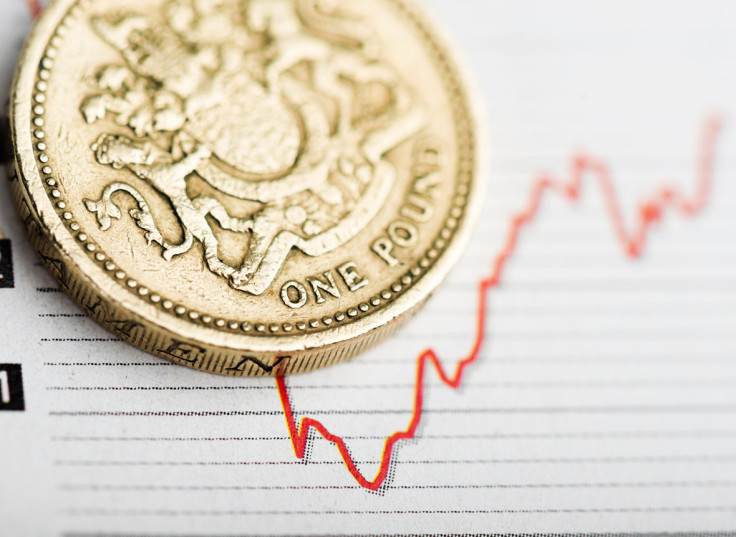FX Focus: Pound declines as UK economy slows down
Dollar struggles for direction after disappointing non-farm payrolls figures and geopolitical tension.

The pound slipped against both the euro and the dollar on Friday (7 April), after separate reports showed the UK's construction and industrial sectors suffered an unexpected decline in February.
Figures from the Office for National Statistics showed output in the industrial sector declined for the second consecutive month, falling 0.7% in February compared with analysts' expectations for growth to increase to 0.2%.
Meanwhile, output in the construction sector fell 1.7% month-on-month in February, compared with analysts' expectations for a 0.1% gain. The decline hurt sterling, which was 0.39% and 0.22% lower against the dollar and the euro respectively, trading at $1.2417 and €1.1682 by early afternoon.
Elsewhere, geopolitical tensions took centre stage in the forex market, after the US launched missile strikes against the Syrian regime's Sharyat airfield on Friday morning in reponse to a suspected chemical attack in the town of Khan Sheikhoun.
The missile strikes, the first military action the US has taken against the Syrian government in the six-year Syrian civil war, were met with approval by governments in Britain, Turkey and Japan, but soured morale among investors.
With market participants already jittery ahead of US President Donald Trump's meeting with his Chinese counterpart Xi Jinping, the developments in Syria only exacerbated political concerns.
"A strong sense of unease infiltrated the financial markets with investors staying clear of riskier assets after reports were released that the U.S military launched an air strike on Syria," said FXTM strategist Lukman Otunuga.
"The possible threat of geopolitical tensions heightening from the air strikes has created a risk-off trading atmosphere."
The dollar's reaction to the attack was muted, but the greenback struggled for direction after the US labour market recorded a sharp and unexpected slowdown in March, as the pace of hiring slowed markedly.
According to the US Department of Labor, the world's largest economy created 98,000 jobs in March, falling way short of the 175,000 analysts expected and recording one of the slowest rate of growth in almost a year. However, the unemployment rate fell from 4.7% to 4.5%, the lowest level in almost a decade, defying forecast for an unchanged reading.
"This is the first really bad miss since September of last year and that, coupled with some heightened geopolitical risk, has unnerved the market a touch," said Neil Wilson, senior market analyst at ETX Capital.
"But we have to see it in context – the overall trend remains one of very strong job creation. This alone won't stop the Fed from hiking twice more this year."
Flat against the yen, the dollar was 0.22% and 0.25% higher against the euro and the Australian dollar, trading at 0.9414 euro cents and AUD$1.3300 respectively and rose 0.18% against the Swiss franc to CHF1.0068.
Meanwhile, the Russian rouble hit a two-week low against the dollar, amid speculation the Kremlin's reaction to the US air strikes could strain the relationship between Moscow and Washington. Earlier in the session, the dollar fetched as much as 57.265 rubles, the highest level since 24 March.
"Russia will back the Syrian regime irrespective of their actions, given the strategic importance of their naval base in Tartus," said Joshua Mahony, market analyst at IG.
"With that in mind, any attempts to overthrow Assad is essentially an attempt to remove the Russian's ability to operate within the Middle East."
© Copyright IBTimes 2025. All rights reserved.






















